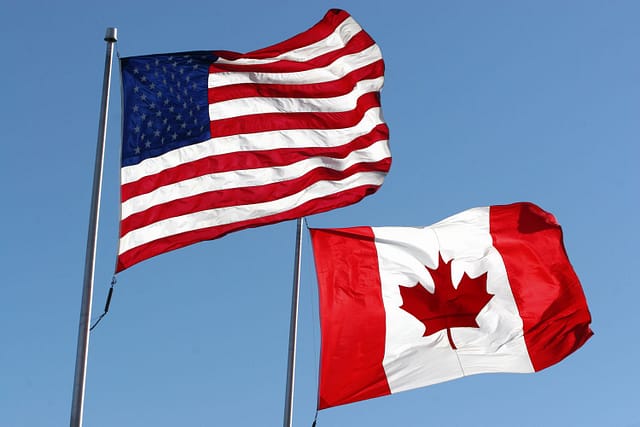United States President-elect Donald Trump has issued a strong warning to countries like India and Brazil, vowing to impose “reciprocal taxes” in response to what he claims are exorbitant tariffs levied on American products. The announcement signals a possible shift in trade policy as Trump prepares to take office.
Trump’s Stance on “Reciprocity” in Trade
Speaking at his Mar-a-Lago estate in Florida on December 16, Trump emphasized his administration’s focus on “reciprocity” in trade relations. He argued that countries like India and Brazil impose disproportionately high tariffs on U.S. goods while facing little to no tariffs in return.
“If they tax us, we tax them the same amount,” Donald Trump said. “India, for example, imposes tariffs as high as 100 or even 200 percent on certain products. That’s unfair, and we’re going to address it. They send a bicycle to us and we send one to them — why should we accept unequal charges?”
Trump’s remarks reflect a broader strategy to address trade imbalances and protect American industries, a key issue he campaigned on.
India and Brazil in Focus
While Trump acknowledged ongoing discussions about trade with China, he specifically named India and Brazil as nations that disproportionately tax American products. The President-elect highlighted the need for equal treatment, asserting, “If they want to charge us, that’s fine, but we’re going to charge them the same thing.”
His comments suggest that India’s high tariffs on goods such as motorcycles, agricultural products, and electronics could come under scrutiny once his administration assumes office.
Commerce Team Reiterates Trade Focus
Howard Lutnick, Trump’s nominee for Commerce Secretary, echoed these sentiments, stating that “reciprocity” will be a central theme for the incoming administration. “How you treat us is how you should expect to be treated,” Lutnick told reporters, underscoring the administration’s commitment to leveling the playing field for American businesses.
India-U.S. Relations Under Trump
Despite Trump’s critical remarks, the outgoing Biden administration expressed optimism about the future of India-U.S. relations. Speaking to reporters in Washington on December 17, Deputy Secretary of State Kurt Campbell said, “We are handing over the bilateral relationship at its strongest possible apex.”
Campbell highlighted the robust partnerships established during the Biden presidency in technology, defense, finance, and space exploration. “These are solid foundations that the Trump administration can build upon,” he added.
Potential Impact on Global Trade
Trump’s threats of reciprocal taxes could mark a significant shift in U.S. trade policy, potentially leading to heightened tensions with trading partners. For India, which has seen growing economic ties with the U.S., such a move could prompt a reevaluation of existing tariffs.
While Trump’s approach seeks to protect American businesses, analysts warn that retaliatory measures from affected countries could disrupt global trade flows.
What Lies Ahead
As the Trump administration prepares to take charge, businesses and policymakers worldwide are closely monitoring the potential impacts of a stricter trade policy. Whether Trump’s stance will lead to renegotiated agreements or escalating trade disputes remains to be seen.
This news report is curated with insights from multiple reliable news sources.












